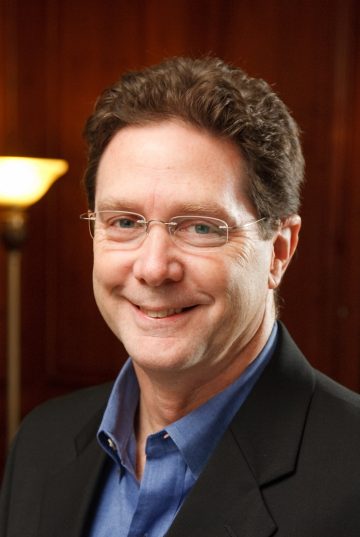Article
Church Planters and the Fear of Man
Who has to deal with the fear of man more? A salesman who is dependent on cold calls every day or a church planter? How do planters get the approval of those around them to win them to a church plant? That’s an issue of the fear of man.

Editor’s note: The issue of the fear of man comes up over and over again in coaching church planters. Church planters spend a lot of time trying to win people to the gospel, trying to win converts, trying to win supporters and friends. How do they find a balance between loving and serving others, while at the same time seeking the resources needed to start a new church, yet not wind up finding their worth in the response of others?
The fear of man is such a part of human fabric that we should check our pulse if someone denies it. The concept is being controlled by what people do or what they possibly could do.
We see the subject all over the place in Scripture. Proverbs 29 talks about the fear of man being a snare. Jeremiah 17 identifies two issues: You trust in the Lord or you trust in other people.
That opens the discussion up so we’re not dependent on the word “fear.” You see it in Genesis 12 and 20 with Abraham being controlled by pharaohs and by the King of Gerar – and lying as a result. Then the bookend to Abraham would be the section of Scripture in which a servant girl asks Peter, “Were you with this Jesus?” and he profusely denies it. That Scripture uses this servant girl is showing the foolishness of being controlled by other people.
The word “fear” intersects with our language in situations like when you are afraid of spiders. It means spiders can control you. You are unnaturally on high alert when there might be a spider around. That’s the idea: The thing we fear can be the thing that controls us. That’s the kind of fear we’re most concerned about.
Fear in the biblical sense includes being afraid of someone, but it extends also to holding someone in awe, being controlled or mastered by people, worshiping other people, putting your trust in other people, or needing other people.
There also is fear that moves more toward honor and respect. We fear the Lord: We are both controlled by Him and we honor and respect him. Fearing the king is not so much being controlled by the king as honoring and respecting him. So Scripture has a wider range of meaning for the word “fear” than we do. But the essence of it, being controlled by something else, is really what we’re after.
Let’s think specifically about church planters. Who has to deal with the fear of man more? A salesman who is dependent on cold calls every day or a church planter? I am so thankful that there are men who desire to be church planters. They’re at the very top of the heap because every single day they have to deal with the experience of failure. Failure that I haven’t measured up, I haven’t won this person over. They certainly encounter despondency.
Every preacher encounters despondency. You look around during the sermon and see some people twiddling their thumbs, many on their phones doing something, others falling asleep. And then you’re afraid to ask anybody what they thought of the sermon because they probably didn’t get the gist of it. You pour out your life every week on a sermon, and you essentially are rejected by other people.
So for church planters, how do they get the approval of those around them to win them to a church plant? That’s an issue of the fear of man. Do you trust in the Lord or in other people? Let’s fear the Lord. Let’s be controlled by Him and not how others respond to us. Let’s honor and respect him more than we value the approval of man.




